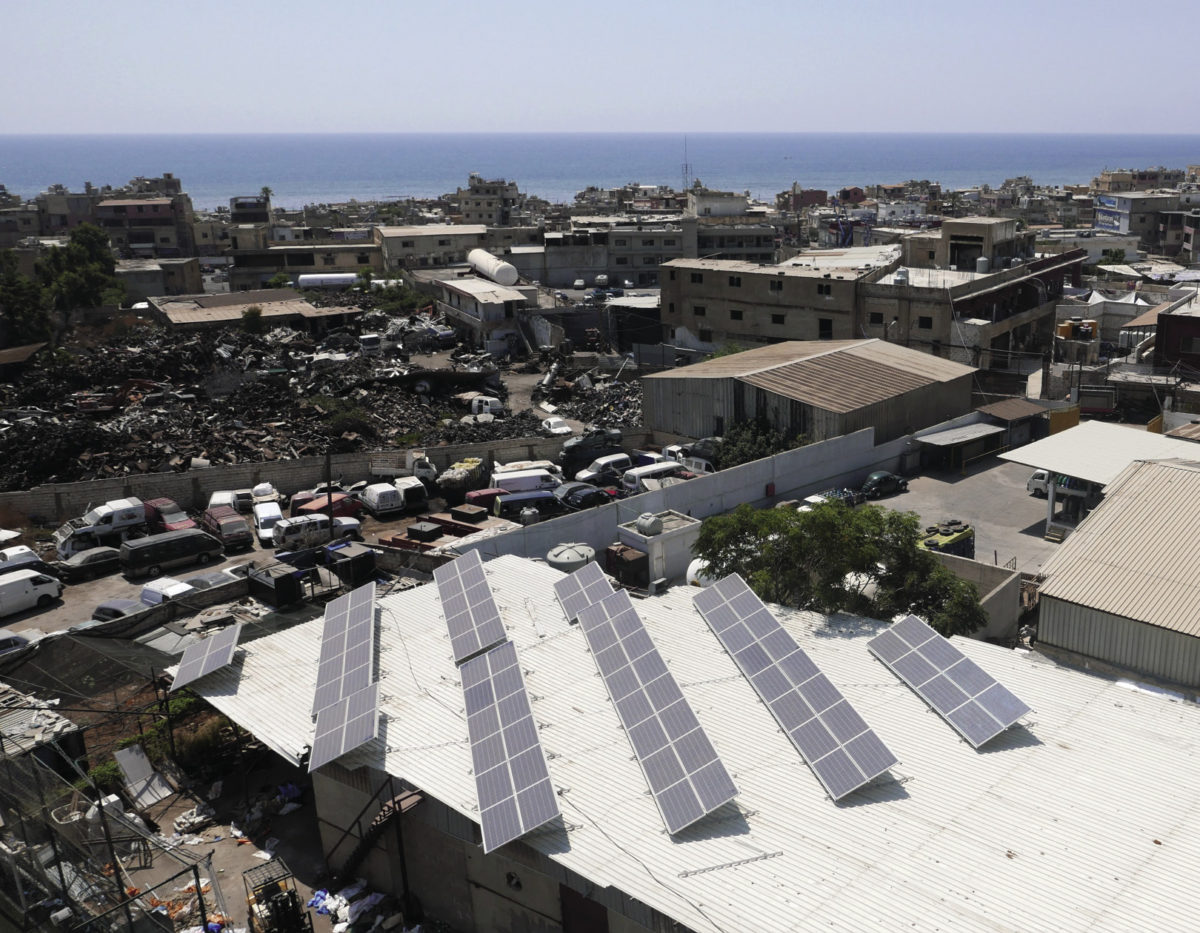An Iraqi-Lebanese research team has proposed using a series active filter on the DC side of grid-connected PV systems to improve power quality.
Active power filters are increasingly used in PV systems to simultaneously compensate for current harmonics and voltage imbalance.
“The use of filters in systems has increased due to the significant improvement in power quality at the inverter output and the power delivered to the loads or the grid as a result of reducing the ripple factor on the DC side,” the researchers explained.
The ripple factor is the peak-to-peak value of the AC component of the current at the inverter input divided by the nominal DC input.
“Reducing the ripple factor on the DC side has a significant impact on improving the power quality at the inverter output, the power supplied to the loads or the overhead network, so the use of filters in these systems has increased,” said the researchers.
In their paper, “Improve power quality and stability of grid-connected PV system by using series filter,” recently published in Heliyon, the researchers describe an active filter designed to reduce voltage and current fluctuations on a PV system's DC side. The proposed filter, consisting of an inductor, two capacitors, and four transistor-diode pairs, connects to the DC bus bar and operates through a conventional controller.
The filter is controlled by a sinusoidal pulse width modulation (SPWM), which is a common switching technique for power switching converters. It determines the frequency and nature of the converter output AC voltage.
“The principle of the proposed filter on the DC side of PV systems is to reduce the amount of high-frequency electromagnetic interference (EMI) that can damage sensitive electronics,” the academics explained. “Series filters work by creating an impedance match between the source and load to ensure that the voltage across both remains the same. This equalization reduces any voltage spikes that may occur and prevents them from damaging downstream equipment.”
The proposed filter reduces noise generated by inverter switching and other system components, reportedly boosting the overall efficiency and reliability of PV systems. The researchers claim that the active filter lowers harmonic distortion significantly, reducing total harmonic distortion by 2.8% for voltage and 9.58% for current.
“The addition of the filter improves system transient response and stability. This is demonstrated by a 50 % reduction in maximum overshoot when subjected to test input signals,” the researchers said. “By prioritizing transient response and utilizing SPWM, the method goes beyond basic harmonic reduction to address the dynamic performance of the system.”
The researchers also noted that the active filter improved the PV system's transient response by reducing its maximum overshoot value with respect to the test input signals.
This content is protected by copyright and may not be reused. If you want to cooperate with us and would like to reuse some of our content, please contact: editors@pv-magazine.com.




By submitting this form you agree to pv magazine using your data for the purposes of publishing your comment.
Your personal data will only be disclosed or otherwise transmitted to third parties for the purposes of spam filtering or if this is necessary for technical maintenance of the website. Any other transfer to third parties will not take place unless this is justified on the basis of applicable data protection regulations or if pv magazine is legally obliged to do so.
You may revoke this consent at any time with effect for the future, in which case your personal data will be deleted immediately. Otherwise, your data will be deleted if pv magazine has processed your request or the purpose of data storage is fulfilled.
Further information on data privacy can be found in our Data Protection Policy.